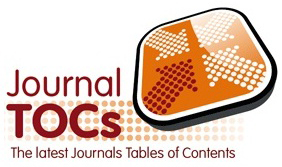Oligarchic Politics in the Context of a Democratic Rule of Law in Relation to the Principle of Expediency
Abstract
Indonesia, which is a democratic country, is not necessarily free from the practice of ownership of a handful of groups that influence the course of the National constitution. Oligarchy begins with the fact that extreme material inequality produces extreme political inequality. Although in a democracy, position and access to the political process are interpreted as equal, the enormous wealth in the hands of a small minority creates a significant excess of power in the political sphere for that group. The practice of oligarchic politics in Indonesia has been prominent and widespread since the New Order era. Oligarchy has undermined the philosophical meaning of democracy, which is political power or government run by the people, and for the people. Freedom in the political field certainly does not mean legalizing all means but remains in the corridor as contained in Pancasila as the basic ideology of the Indonesian nation. The good and bad of the law must be measured by the good and bad consequences produced by the application of the law, meaning that legal provisions can be considered good and provide benefits if the consequences resulting from their application are good, maximum happiness, and reduced suffering.





















